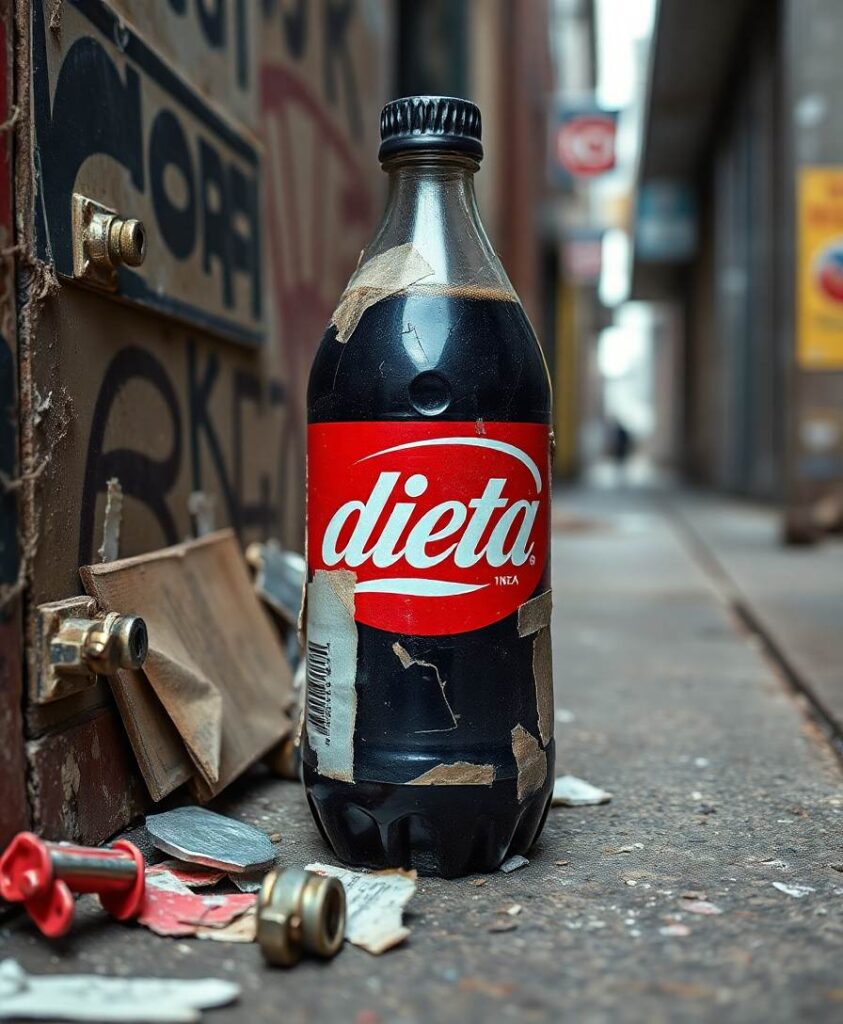Living with the sensation of thirst, the urge for a quick burst of energy, or the comfort of a familiar drink can feel like an everyday ritual. You might reach into the fridge or grab that familiar can, often without thinking about what it’s doing to your body over time. When a state like Nebraska becomes the first to stop using SNAP subsidies for purchasing soda and energy drinks, it sparks a quiet but powerful shift in how we think about food and health in our daily lives.
This change isn’t just about policy; it’s about how we, as individuals, experience our bodies and the choices we make around what we consume. For many, soda isn’t just a beverage — it’s a sensory experience. The cold touch of the can, the fizz tickling your nose, the sweetness on your tongue — these are small pleasures that can become habitual, even comforting. But beneath those sensations are questions about how these choices affect your energy levels, your hydration, and your long-term health.
In Nebraska, removing soda and energy drinks from SNAP purchases isn’t just a bureaucratic decision. It’s a recognition that what we put into our bodies matters deeply. When you stop to notice how your body reacts to different drinks, you may see that the quick fix of sugar doesn’t actually satisfy your long-term needs. Instead, it might leave you feeling more tired or craving more, creating a cycle that’s hard to break.
How does choosing to exclude soda from food assistance change daily health habits?
For many people, the shift away from subsidized soda can be a subtle but meaningful step toward healthier living. It’s about recognizing that your body’s sensations—those fleeting moments of refreshment or energy—are signals guiding your choices. When sugar-laden drinks are no longer financially accessible through food assistance programs, it prompts a re-evaluation: what do I really need when I reach for a drink?
This policy change invites a new awareness of how beverages affect your hydration and energy throughout the day. Instead of reaching for a soda when you feel tired or thirsty, you might start exploring more natural ways to hydrate — a glass of water, herbal tea, or infused water with fresh fruit. Over time, these small adjustments can reshape your daily routines, making healthier choices feel more natural and less like a sacrifice.
Living with this kind of change requires tuning into your body’s signals. You might notice that the fizzy, sweet sensation of soda masks underlying feelings of dehydration or fatigue. Recognizing these signals can help you develop a more mindful relationship with your body, understanding that true energy comes from nourishing yourself with wholesome foods and beverages rather than quick fixes.

Making this shift is also about understanding the bigger picture — how policy decisions impact individual health and community well-being. When a state like Nebraska takes a stand to redirect food assistance away from sugary drinks, it’s a recognition that the choices we make daily can influence our long-term health outcomes.
This isn’t about shame or guilt; it’s about opening a new chapter in how we relate to our bodies and what we choose to put into them. As you become more aware of the sensations that different drinks evoke, you may find yourself naturally gravitating toward options that support your vitality and well-being.
Living in a world full of tempting beverages, choosing healthier alternatives can feel like a quiet act of self-care. It’s about listening to your body’s signals and respecting the subtle cues that guide you toward better health in everyday moments.
Learn More: Nebraska Gets Waiver to Stop Subsidy Paying for Soda
Abstract: Nebraska will become the first state in the nation to pull soda and energy drinks from purchases using SNAP subsidy payments.
Link: Read Full Article (External Site)



